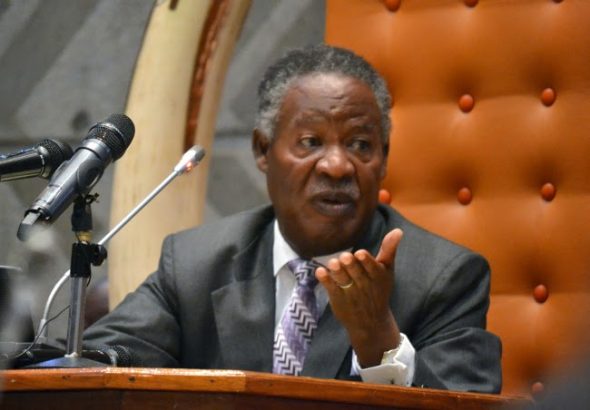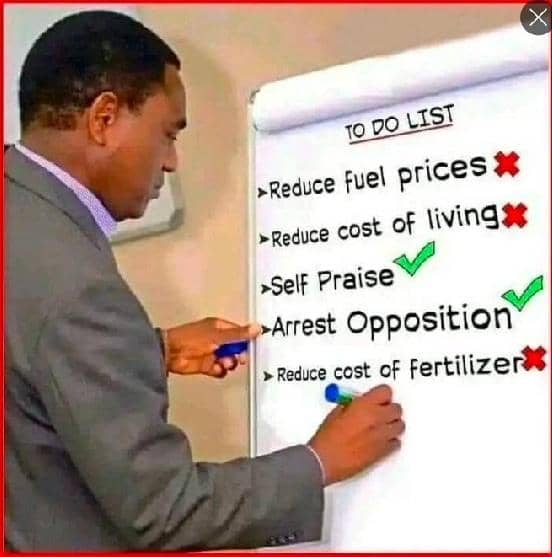
Let us examine the ramifications of blindly following the crowd and advocate for critical thinking in shaping Zambia’s future, engaging in nuanced dialogue, questioning prevailing opinions and challenging assumptions.
By Dr. Lawrence Mwelwa | WD Columnist.
Lusaka, 4th Sept – In the tumultuous political landscape of Zambia, the concept of majority rule often takes center stage. It is assumed that if the majority support a particular decision or leader, it must be the right choice.
However, let us not fall into the trap of assuming that the majority is always right. Instead, let us examine the ramifications of blindly following the crowd and advocate for critical thinking in shaping Zambia’s future.
Also Read: Multiparty democracy has failed Zambia!
Looking back at the 2021 elections, the majority rallied behind President Hakainde Hichilema and the UPND party, ousting the ruling PF leadership led by President Edgar Chagwa Lungu. But was this decision truly a wise one? It is essential to break free from the echo chamber of public sentiment and delve deeper into the complexities of the situation.
While the majority may have voiced their preference for change, it is crucial to consider the broader implications. Is President Hichilema the best candidate to address the pressing challenges facing the nation? Have we sufficiently evaluated his track record, his policies, and his ability to effectively lead? Simply aligning ourselves with the majority without critical thought can lead to hasty and potentially detrimental outcomes.
Similarly, we must question the prevailing desire for President Lungu’s return to power. Is it solely driven by nostalgia or a genuine belief in his capacity to navigate Zambia’s intricate problems? Yes, President Lungu possesses certain strengths, such as political acumen, financial resources, and international connections.
However, we cannot overlook the concerns surrounding his previous tenure, including issues of mismanagement, excessive borrowing, and a lack of accountability.
To break free from the fallacy of majority rule, we must foster a culture of critical thinking and analysis. It is imperative to look beyond the surface-level narratives and delve into the substance of a candidate’s qualifications and agenda. We must engage in nuanced dialogue, questioning prevailing opinions and challenging assumptions.
Furthermore, let us not forget the power of individual conscience. Each of us possesses the ability and responsibility to think independently and make informed decisions that align with our personal values and beliefs. We must resist the pressure to conform to the majority and instead take a principled stance based on careful evaluation.
Zambia is at a critical juncture, and the future of our nation hangs in the balance. To move forward, we must prioritize the well-being of our citizens, the sustainable development of our country, and the promotion of an inclusive society. This requires leaders who possess not just popularity but also integrity, vision, and the ability to navigate complex challenges.
Let us challenge the notion that the majority is always right and embrace the strength of critical thinking. By doing so, we can collectively contribute to shaping a bright and prosperous future for Zambia, one that goes beyond partisan lines and reflects the values and aspirations of all our citizens.
To make well-informed and thoughtful decisions, one must be able to see things from perspectives other than one’s own. Gain new perspectives by following Woodpecker’s Digest! Reading does open up a world of possibilities.
©2023 Woodpecker’s Digest.
Putting news into perspective







